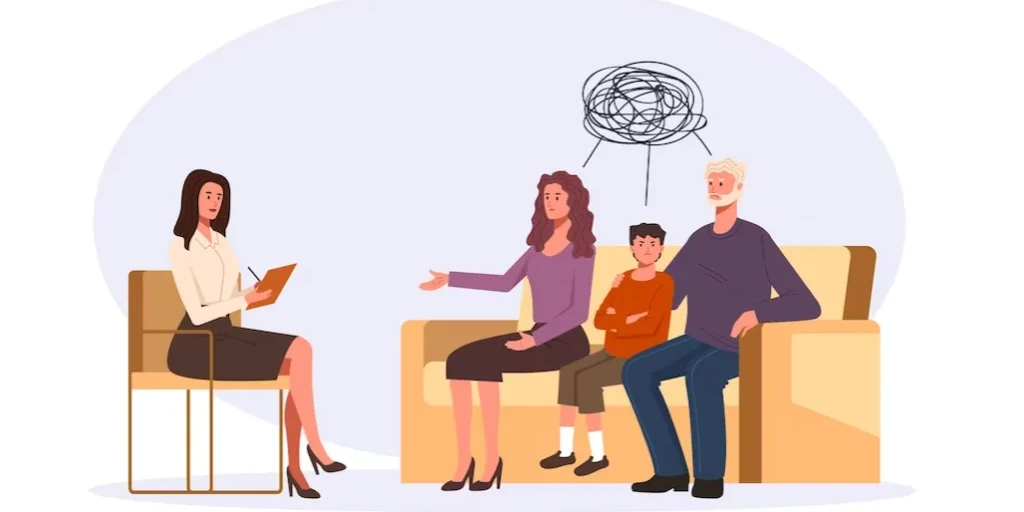24/7 Helpline:
(866) 899-221924/7 Helpline:
(866) 899-2219
Learn more about Heroin Detox centers in Uniontown
Heroin Detox in Other Cities

Other Insurance Options

Anthem

Optima

Holman Group

Meritain

Magellan

MVP Healthcare

Health Net

Carleon

United Health Care

Cigna

Ambetter

WellCare Health Plans

Molina Healthcare

GEHA

State Farm

UnitedHealth Group

Access to Recovery (ATR) Voucher

Aetna

Sutter

CareFirst










